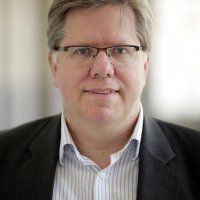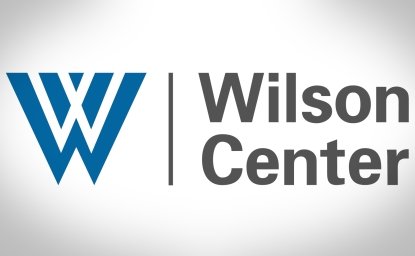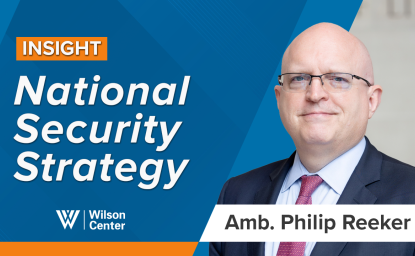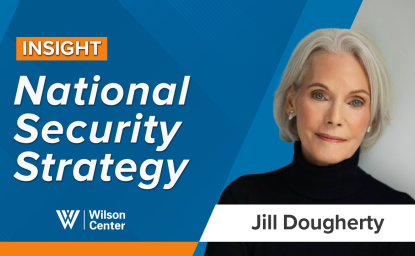The Decline of the Public Intellectual?
Ideally think tanks can provide a bridge between the talent of university scholars and the policy world, but at least two factors hinder this kind of creative bridging, writes Andrew Selee.
Ideally think tanks can provide a bridge between the talent of university scholars and the policy world, but at least two factors hinder this kind of creative bridging, writes Andrew Selee.
To the Editor:
Nicholas Kristof notes that academia has become increasingly disconnected from public debate and policy decision-making. Since think tanks are set up precisely to stimulate public discussion on policy issues and to get creative ideas into the mix, they tend to have close relationships with journalists and with the policy community.
Ideally think tanks can provide a bridge between the talent of university scholars, who have the depth on critical issues, and the policy world, which needs this expertise. But at least two factors hinder this kind of creative bridging.
Think tanks often cannot find academics who know how to communicate with broader audiences. The skills required for achieving tenure — extensive specialization — work against the ability to share findings and their implications.
But think tanks themselves often fall prey to thinking that they know more than they do. Rather than seeking out true expertise, which often resides on university campuses, their staff pose as experts on everything under the sun, able to supply a two-page memo on countries they have never visited and speak authoritatively on issues they have never truly researched.
Expediency and speed become the enemy of depth and substance. The gap between scholarship and the broader debate needs to be bridged from both sides.




